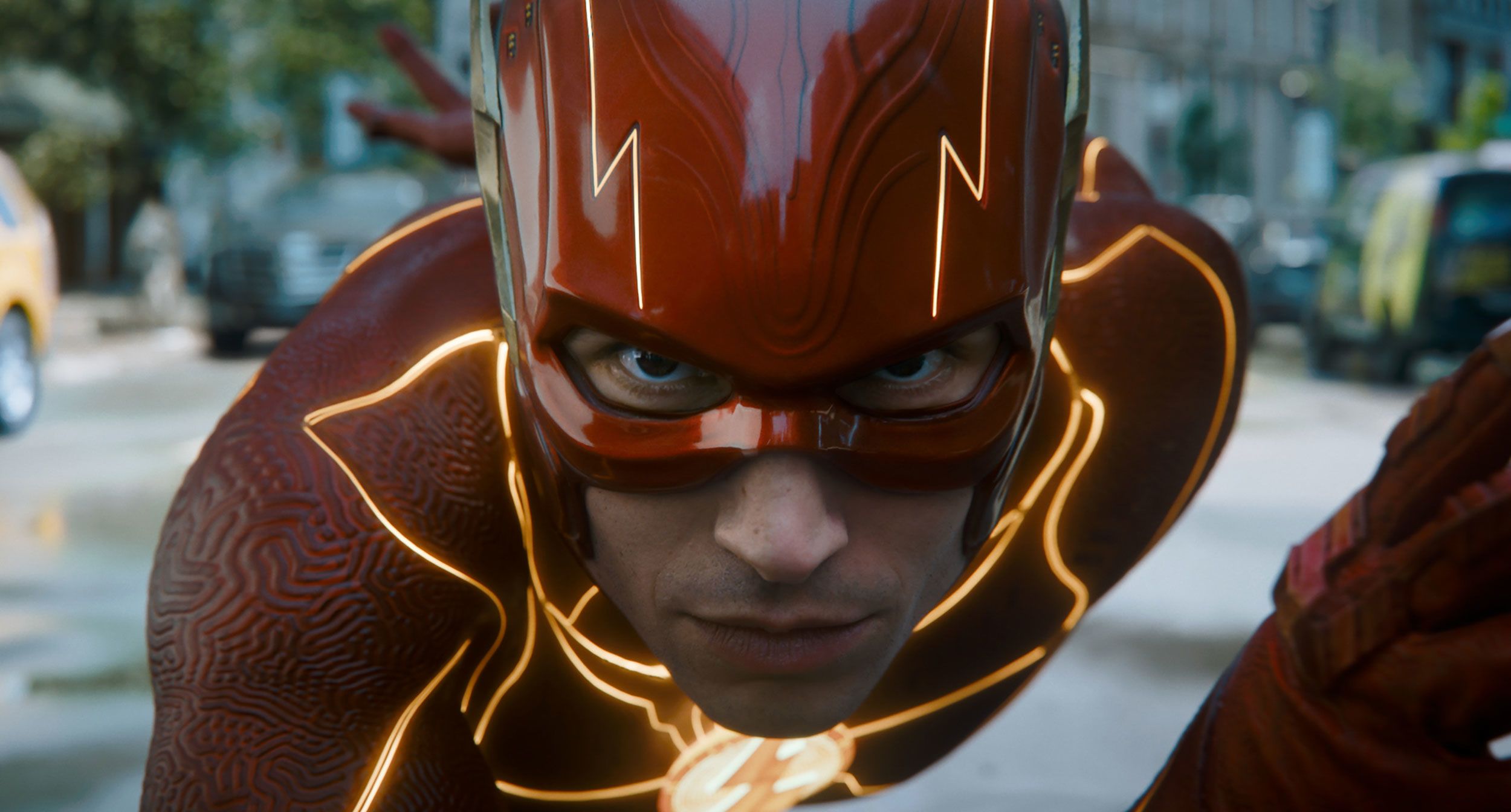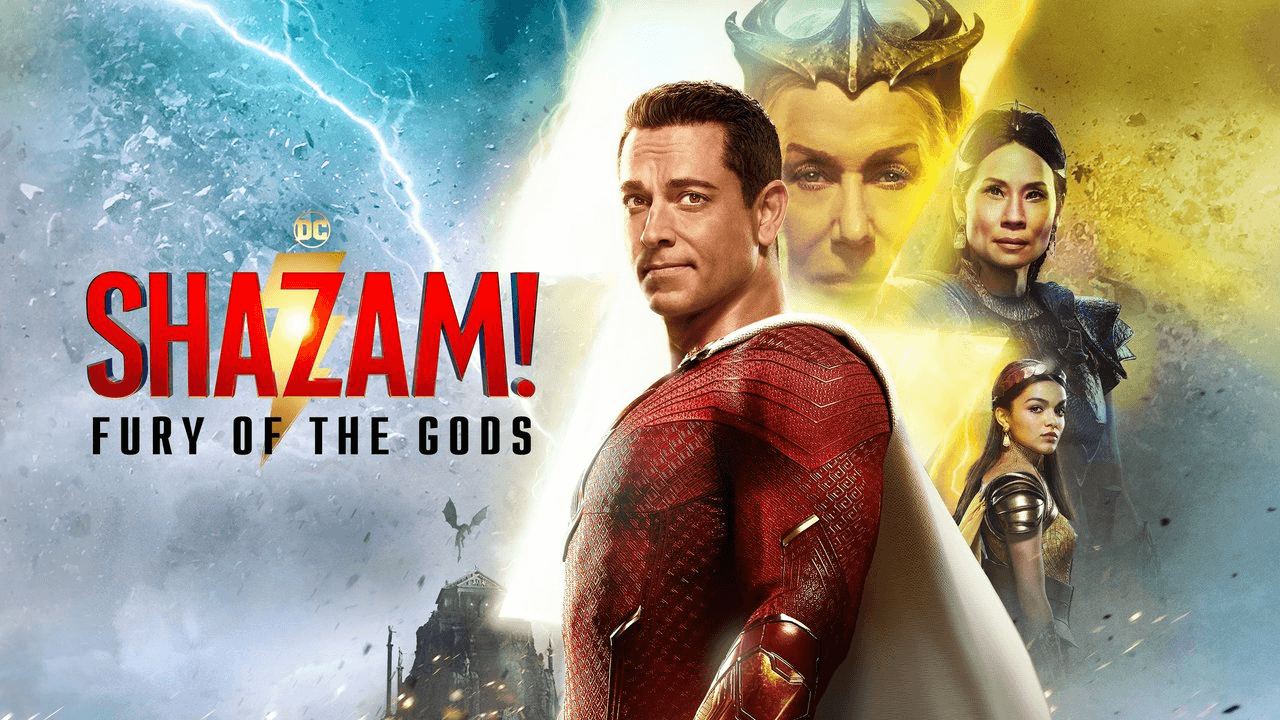Revitalizing The Flash Paradox & the Multiverse - The Flash Review
Ashanti Huland-El
Sep 14, 2023

"The Flash" stands as one of the final movies in the DCEU, alongside the upcoming feature "Aquaman: The Lost Kingdom." While fans can anticipate Blue Beetle's inclusion in James Gunn's DCU, "The Flash" has chosen the Flashpoint storyline as the apt choice to reset the franchise. This storyline also illustrates how fear, grief, and love can lead to darker versions of ourselves if we fail to release our grip on forces beyond our control. It's a lesson that many Speedsters have learned and implemented in various ways.
Adapted from the Flashpoint comics mini-series by Geoff Johns and Andy Kubert, the tale follows a grief-stricken Barry Allen who struggles to come to terms with his mother's childhood demise. He ventures back in time to prevent that fateful day, unwittingly generating a new timeline in the process. This event not only became a monumental occurrence in Flash comics but also marked the inception of the New 52 era. Beyond transforming heroes into villains and exploring the ramifications of the speed force, it imparts a lesson on how even well-intentioned actions, driven by personal grief and a desire to right past wrongs, can lead to unintended and far-reaching disruptions in the fabric of reality. Not to mention epic fights against all time villain speedster, Reverse Flash.

Directed by Andy Muschietti, "The Flash" serves as a multiversal, nostalgic journey across DC's extensive portfolio. Picking up after the events of "Justice League," Barry Allen (portrayed by Ezra Miller) continues his role as the Flash, safeguarding Central City. While battling his internal demons tied to his mother's enigmatic demise, he eventually uncovers the concealed truth behind his superhuman abilities. However, due to Barry's unresolved emotions and his eagerness to mend everything, the narrative effectively highlights how this approach can lead to catastrophe, especially when intertwined with grief.
The narrative takes certain liberties from the comic book storyline like Barry losing his powers and having to fight his past self, in this case with young Barry (played by Ezra Miller). However, it goes a different route by having this be Chekhov’s gun -without Eobard Thawne. While this approach fits ok with the story's intention of unveiling another aspect of Barry's character, which Miller's performance effectively showcases, turning the metaphorical concept of self-overcoming into a literal event didn't quite succeed in advancing Barry's character development. On the other hand, it was intriguing to watch Barry assume a mentoring role toward his younger self, almost referencing the dynamic Flash and Kid Flash duo.

Supergirl's DCEU debut and introduction to the ensemble seamlessly harmonizes, with Sasha Kale's portrayal capturing a powerful take on Krypton's last daughter. While not the gun-toting Thomas Wayne, Michael Keaton's depiction of the cherished Batman from the Tim Burton films injects just enough of the vintage Batman 99 essence to offset one of the most heart-rending moments in the Flashpoint Paradox storyline. Ben Affleck also delivers a robust performance, accompanied by some of the film's most captivating action sequences. The surprise cameos remain in tune with the film's nature, without becoming overbearing.
Although occasionally uneven, the animation infuses exhilarating action elements into each fight scene and character interaction. It also presents an imaginative interpretation of the speed force, akin to something out of a DCAU production. However, the innovative use of AI and some unanticipated cameos could have been employed more wisely. In sum, "The Flash" serves as a commendable entry in the DCEU, effectively concluding the existing arc while smoothly transitioning into the new DCU.



